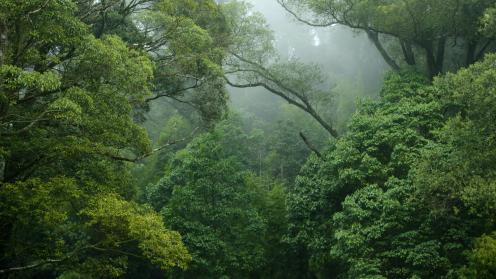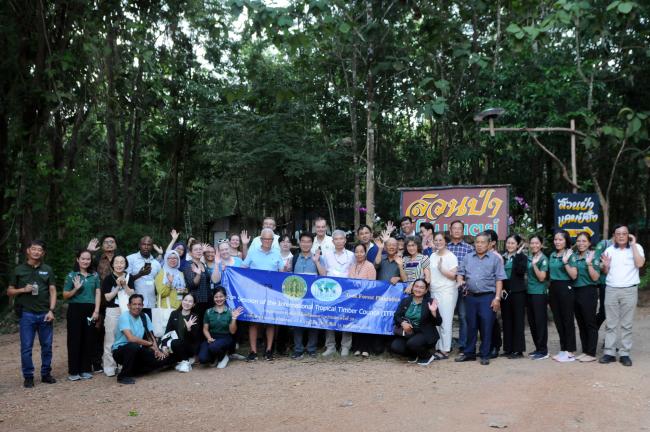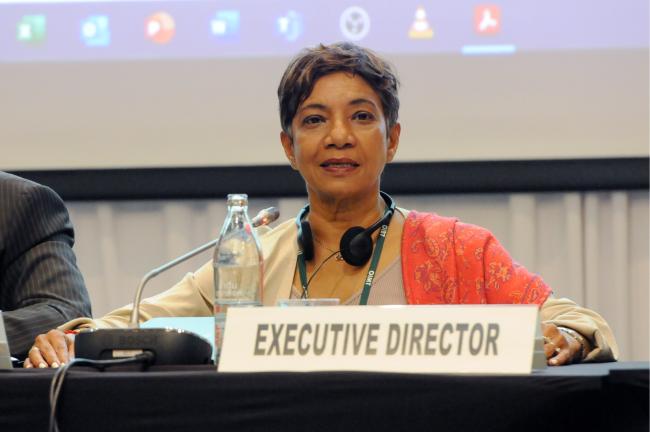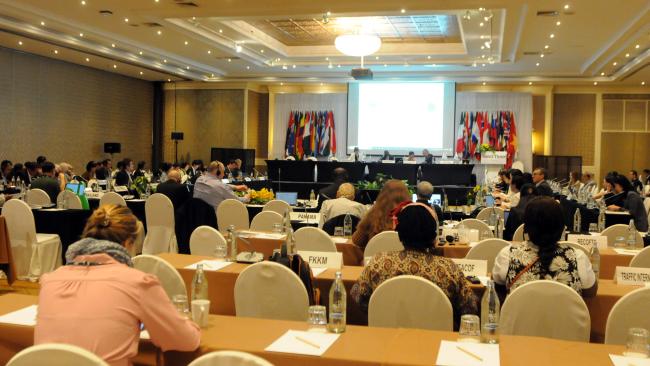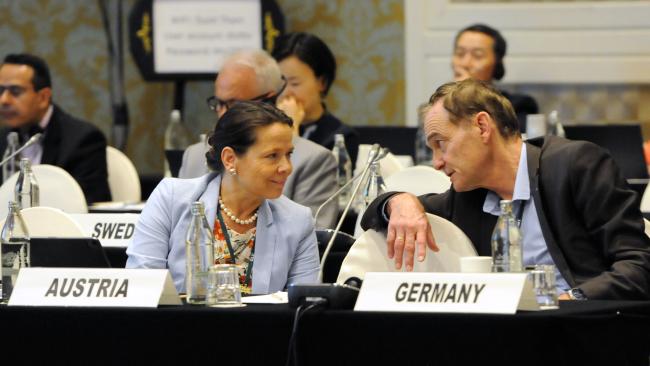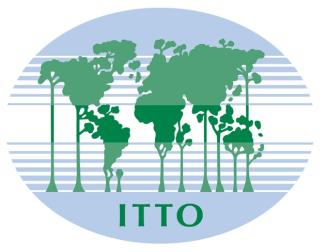Finances and fundraising were the main focus on the fourth day of the meeting, as Producer and Consumer countries discussed ways to diversify funding sources and raise the necessary finance to meet members’ requests for supporting timber industry and forest landscape restoration projects. Japan and the US announced pledges for several country-specific projects and numerous activities in the Biennial Work Programme (BWP) 2024-25. Recipient countries expressed their appreciation. So too did Council Chair Mohammed Nurudeen Iddrisu, while humorously recalling the words of the fictitious orphan Oliver Twist, as he urged donors, “We need more!”
The Secretariat presented on the impact of the programmatic approach established in 2018 under the New Financing Architecture of the International Tropical Timber Organization (ITTO). Executive Director Sheam Satkuru reported that programme funding of USD 3.8 million for the year 2023 had been raised, and that the programmatic lines attracting the most funding were those relating to legal and sustainable supply chains and forest landscape restoration. These contributions, she explained, came from China and Macao for a Global Timber Index platform and from Germany for a teak project. She noted that the programmatic approach had raised a total of USD 12.1 million over the past five years.
Delegates expressed support for the programmatic approach and encouraged the Secretariat to continue building partnerships with other agencies. They expressed hope that, while funding currently does not match the average annual levels of USD 10 million a year of earlier times, the planned extension of the International Tropical Timber Agreement (ITTA) 2006 for another three years, to 2029, and its potential renegotiation, will reinvigorate donors’ financial support for ITTO.
Council members also resumed their discussion on extending the ITTA, 2006. They noted progress in drafting a decision on this topic, which will take into account some member countries’ need for further consultation.
Chair Iddrisu reopened discussion on a proposed Youth Advisory Group. Delegates noted the positive impacts of the ITTO Fellowship Programme and proposed engaging further with alumni. Executive Director Satkuru noted that the Fellowship Programme has supported more than 1,400 young professionals, and that Council sessions in the past had included funding for at least five Fellowship recipients to attend and present their work. However, this practice has declined in recent times due to lack of resources, with Fellowship funds for 2024 amounting to only USD 57,000. She invited contributions, highlighting the value of the Fellowship Programme in generating advocacy for tropical forests and good relationships for ITTO. Delegates also discussed the value of involving young people in the work of ITTO’s two existing advisory groups, the Trade Advisory Group (TAG) and the Civil Society Advisory Group (CSAG).
The Secretariat advised the Council that, following outreach to member countries not present in Pattaya, several absent members had delegated their votes to those attending ITTC-59, and this had enabled quorum to be met. He urged member countries to remain present until the close of the meeting on Friday, advising that, for Producer countries, the margin for maintaining a quorum remains slim and that therefore a count should be made once again before decisions are adopted.
The plenary adjourned at midday. In the afternoon, participants went on a half-day field trip, choosing from options to visit a teak plantation, an agarwood plantation, or Laem Chabang port and forest checkpoint.
A drafting group met in the evening to finalize draft decisions.
To receive free coverage of global environmental events delivered to your inbox, subscribe to the ENB Update newsletter.
All ENB photos are free to use with attribution. For ITTC-59 please use: Photo by IISD/ENB | Diego Noguera
